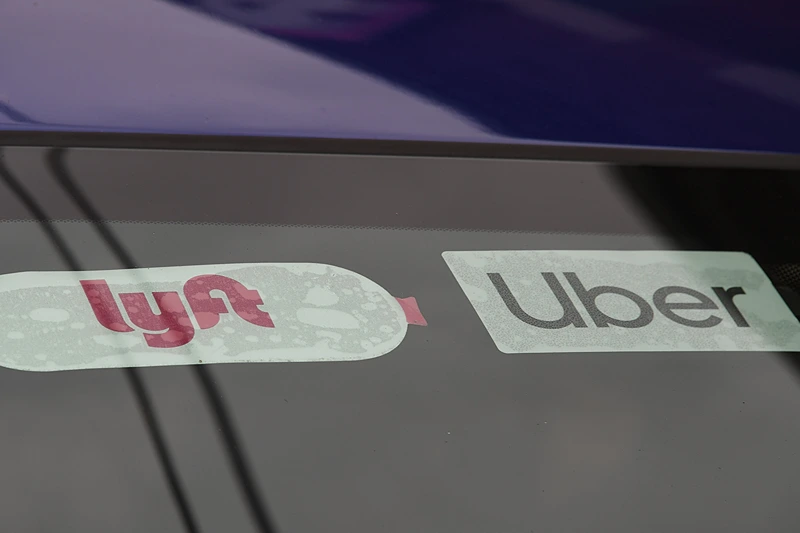
OAN’s Brooke Mallory
5:21 PM – Friday, March 15, 2024
In Minneapolis, the minimum wage for rideshare drivers was previously vetoed by the mayor, however, the city council overrode it. Therefore, Lyft and Uber will now no longer operate in Minneapolis.
The override was approved by the city council on Thursday in a vote of 10-3, enabling rideshare drivers to receive the $15.57 per hour local minimum wage and the change will go into effect on May 1st.
However, in a statement, Lyft said that the ordinance rendered its “operations unsustainable” and that the bill was “deeply flawed.”
“We support a minimum earning standard for drivers, but it should be done in an honest way that keeps the service affordable for riders,” a Lyft spokesperson said.
In a statement, Uber expressed that it was “disappointed the council chose to ignore the data and kick Uber out of the Twin Cities, putting 10,000 people out of work and leaving many stranded.”
Mayor Jacob Frey (D-Minn.) stated that while he is in favor of a minimum pay for rideshare drivers, he was against the ordinance because it disregarded a state study from Minnesota that examined driver compensation.
“Everyone wants to see Uber and Lyft drivers get paid more. But getting a raise doesn’t do a whole lot of good if you lose your job,” Frey said, according to WCCO-TV. “There will be a massive impact felt by our region.”
In Minneapolis, the ordinance requires rideshare drivers to earn at least $0.51 per minute and $1.40 per mile. However, the analysis that Frey cited indicated lower figures for the minimum wage, earning $0.89 per mile and $0.49 per minute.
“We shouldn’t be afraid of data; we should be embracing it. We shouldn’t be ignoring studies that come out, we should be utilizing them and creating the best possible policy,” Frey told WCCO-TV.
Before May 1st, municipal leaders are being urged by the mayor to find a solution. According to ridesharing services, if users stayed in the city, their fees would quadruple.
The minimum wage is being debated in Minneapolis at the same time that workers nationwide are fighting for “equitable pay and benefits.” In light of the rise of the “gig economy,” or freelance labor via apps like Uber and Grubhub, cities and states have attempted to enact laws in recent years, but they have typically encountered strong opposition.
A bill that would have established a minimum salary for rideshare drivers was also rejected by Governor Tim Walz (D-Minn.) last year, citing concerns that it would make the state “one of the most expensive states for rideshare.”
Stay informed! Receive breaking news blasts directly to your inbox for free. Subscribe here. https://www.oann.com/alerts

